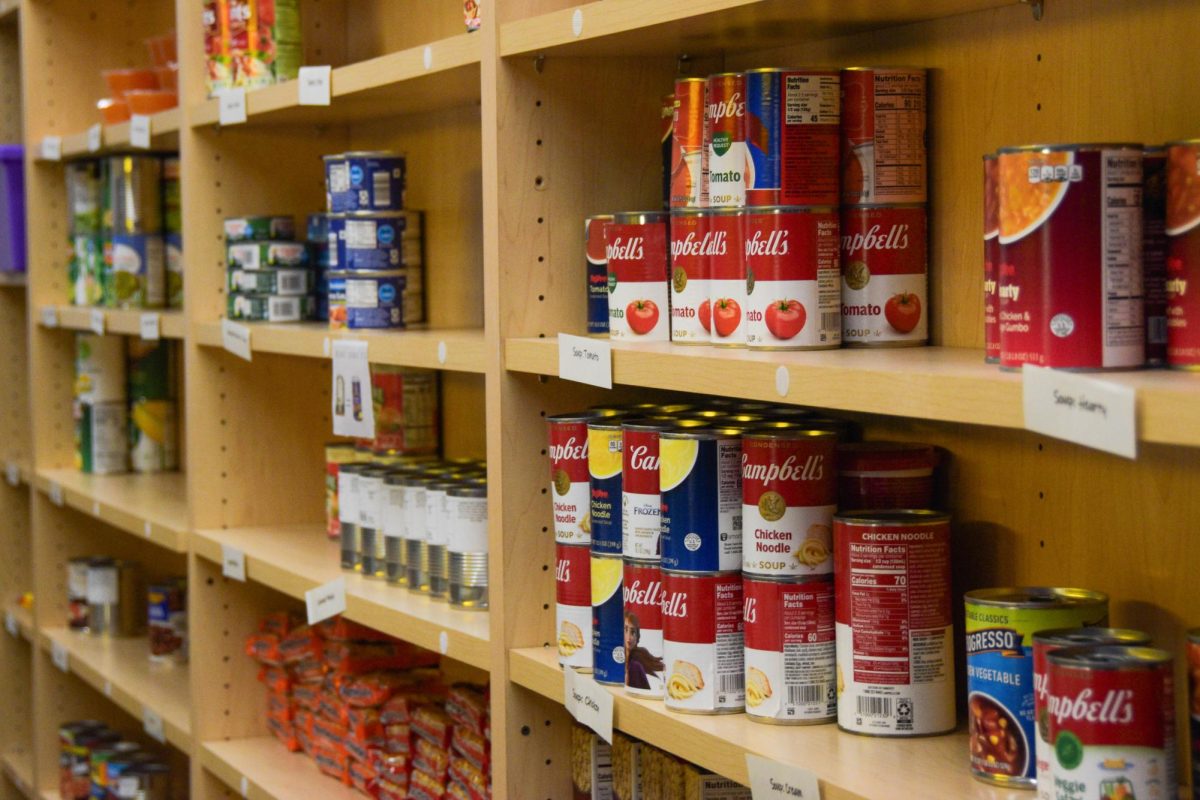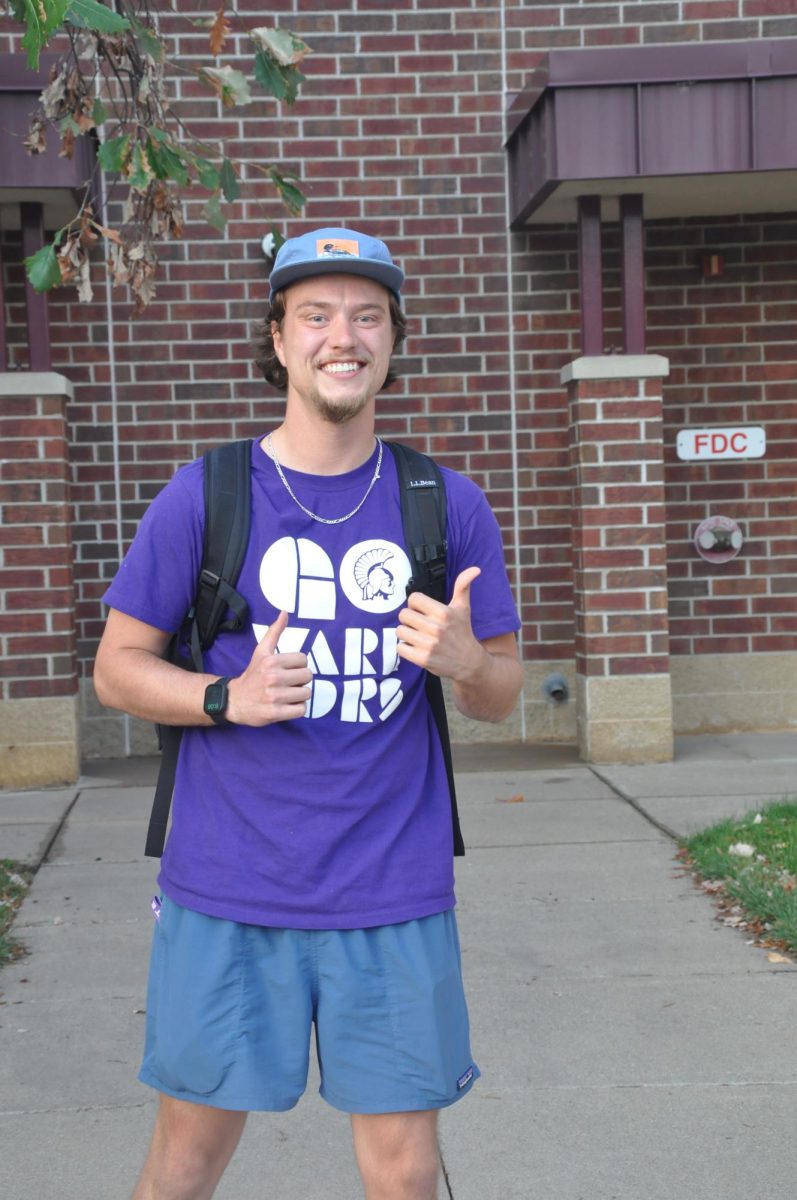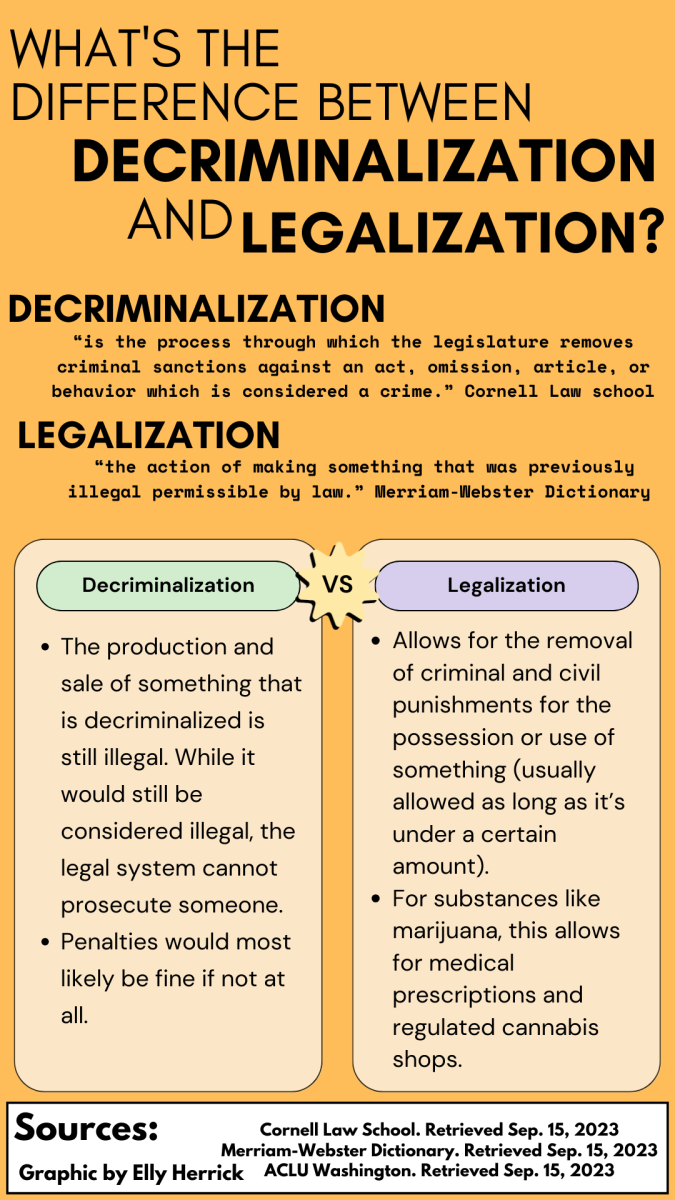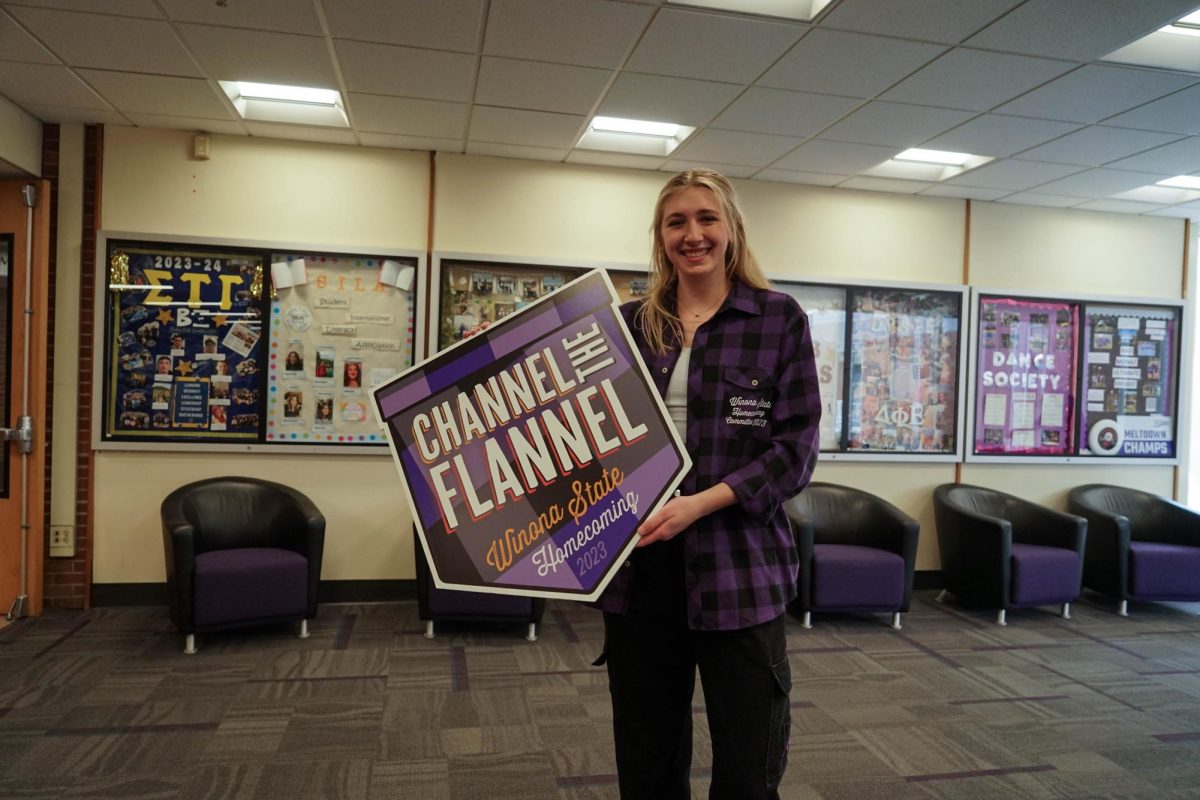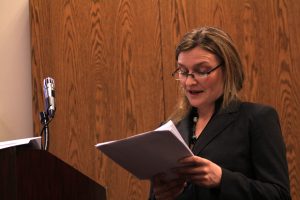
Sarah Pickar/Winonan
Oksana Carlier/Winonan
Research does not back up the claim that parents cause obesity in their children, said a well-known researcher during her presentation at Winona State University on March 13.
Jaleh McCormack started studying obesity when her daughter drank half a glass of milk and then put it aside, saying, “I better not have any more milk or my tummy will get fat.”
“Your tummy won’t get fat, you just drink as much milk as you like,” was McCormack’s reply, one she later regretted. Her daughter ended the conversation with, “No, no, it will get fat, and we don’t want that.”
McCormack said she researches and presents all over the country to continue the conversation about parents getting blamed for their obese children. However, McCormack did not claim to be an obesity scientist or to have an answer to the obesity problem.
The purpose of McCormack’s doctoral dissertation at the University of Otago, New Zealand, was to question who is to blame for the obesity issue.
April Herndon, an associate professor of English at Winona State, said that research similar to McCormack’s is “really starting to move.”
Herndon said the issue may be becoming mainstream, with people questioning what obesity is really about.
Herndon has a book coming out on the issue called “Fat Kids.” In the book, Herndon mentions, “We are doing very strange things to children in the name of making them healthier.”
Herndon herself has written a blog about the issue and specifically, Michelle Obama’s “Let’s Move” campaign.
Herndon said, “Her focus is almost exclusively on obesity rather than movement.”
“Movement is good for all kids. Eating fruits and vegetables is good for all kids,” said Herndon before questioning, “And, you know, what about the skinny kids on the playgrounds?”
Michelle Obama’s “Lets Move” Campaign was one of the ones McCormack questioned. McCormack said Obama uses the example of her own family to get other families moving, which aids to the idea that parents are to blame.
Another scholar McCormack questioned was Dr. Hilde Brunch, a German psychiatrist in the 1930s, who said that mothers “should be held responsible” for overweight children.
McCormack mentioned a mother at her son’s school who said that it was difficult to be the mother of an overweight child because she gets blamed for it. The mother said she did not do well taking care of her own health and then wondered why her kid would be any other way.
Thus the message is being reiterated everywhere, with people logically suggesting that the parents are to blame.
There have even been some court cases about the issue, McCormack said. Mothers are being blamed more and more which, in turn, “dissolves the private/public barriers and intervenes in the micro practices of families’ lives.”
“I am angry because the notion that parents are responsible has become the truth,” McCormack said.
The two ideas that make parents responsible are the idea that small changes can prevent obesity and that the body mass index relates to obesity, she said.
McCormack said the idea of small changes reversing obesity is like comparing people’s bodies to machines. Bodies are not machines, and food is more than just a nutrient, she said.
As for body mass index, McCormack said it was developed in the 1800s and has been questioned by others. McCormack asked, “Is there really a normal weight true for different genders, age and cultural groups?”
Contact Oksana at [email protected]






























































